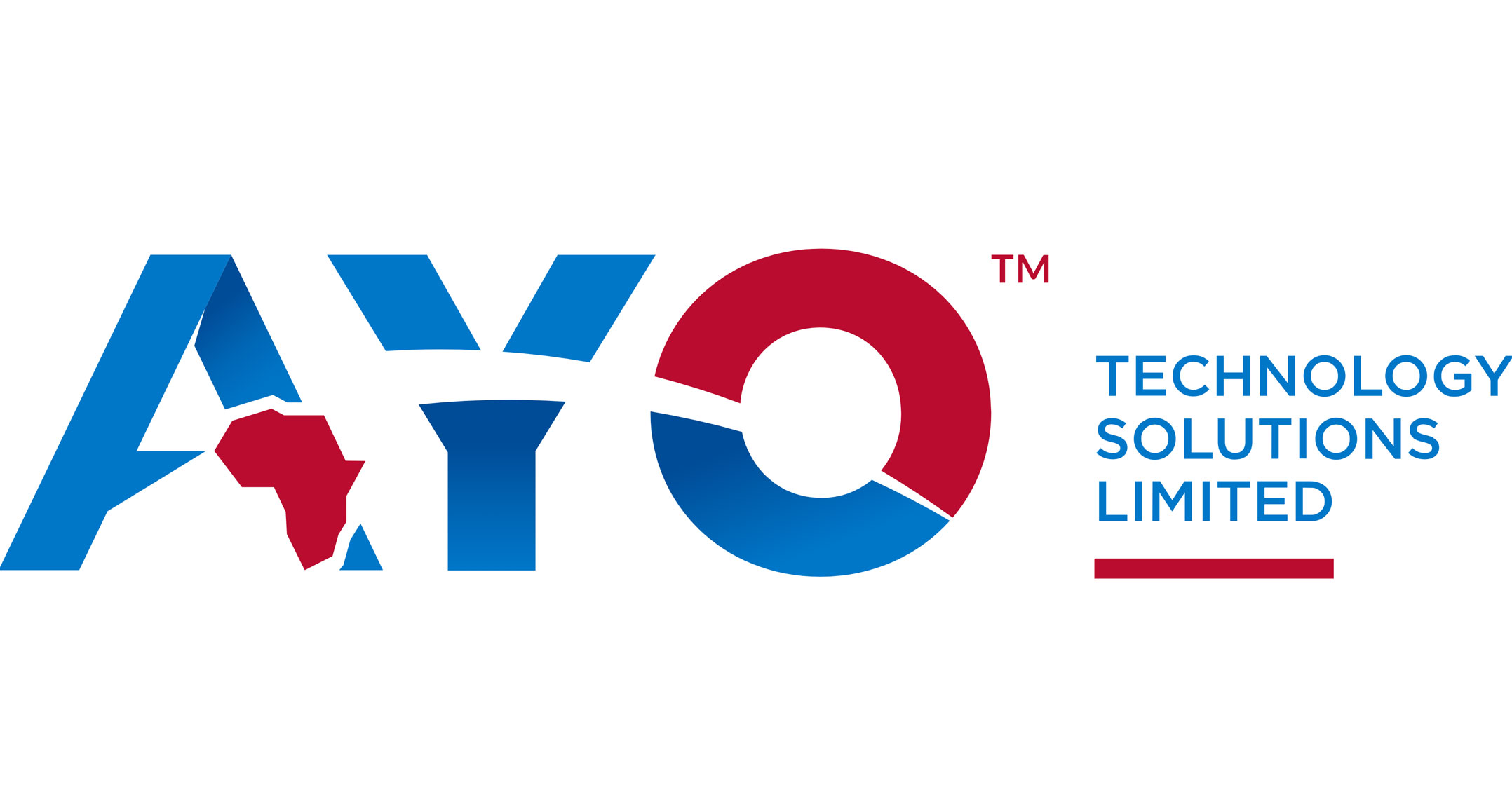 Fidelis Madavo, who spent 13 years picking stocks for South Africa’s biggest money manager, says he’s being scapegoated in the corruption scandal that has gripped the R2.1-trillion rand fund. And now he says there are documents to prove his contention.
Fidelis Madavo, who spent 13 years picking stocks for South Africa’s biggest money manager, says he’s being scapegoated in the corruption scandal that has gripped the R2.1-trillion rand fund. And now he says there are documents to prove his contention.
Following a 14-month suspension, Madavo was fired on 2 March by the Public Investment Corp for gross misconduct. A company probe, though, showed no “evidence of misconduct on the part of Mr Madavo”, GA Fourie, independent chairman of the inquiry, said in a copy of the 14 February ruling.
“I feel deeply aggrieved, particularly since I was cleared on the very two charges I was initially suspended for,” said Madavo, who has been denied R5.3-million in incentive payments covering the past two years.
The competing claims between the PIC and Madavo mark just the latest twist in the two-year saga. Since they exploded on the front pages in early 2018, allegations — and subsequent confirmation — of corruption have seen a number of executives and senior professionals depart and muddied the reputation of the company that is the biggest shareholder in Anglo American and Naspers.
The scandal stems from PIC’s two-year investment in Ayo Technology Solutions, an IT company. The R4.3-billion infusion, made by the unit Madavo oversaw, was far more than the company was actually worth. PIC’s 29% stake in Ayo is now worth just R200-million.
The PIC’s performance is key for South Africa as 87% of its money comes from the Government Employees Pension Fund, which operates a defined benefit fund for 1.3 million civil servants and hundreds of thousands more who have retired. That means any shortfall must be covered by taxpayers.
Not yet public
Allegations of malfeasance and political interference about a number of transactions including Ayo were aired in months of televised hearings last year. President Cyril Ramaphosa is currently reviewing the findings, which have not been made public.
Even after the investigation, the circumstances around the departure of Madavo, who has Zimbabwean ancestry and worked for the CRU Group in London as well as Investec and Citigroup in Johannesburg, remain contested. His unit oversaw about four-fifths of the PIC’s funds.
Madavo resigned on 28 February. His dismissal four days later “superseded” the resignation, the PIC said in a letter to him.
 The PIC said in a statement that he was fired after being found guilty of gross misconduct after a probe sparked by an internal report that indicated that governance and approval processes were disregarded in the run-up to the Ayo investment. His dismissal is “an important step towards efforts to restore ethical behaviour and good corporate governance”, it said. It declined to comment further on the reasons for his dismissal.
The PIC said in a statement that he was fired after being found guilty of gross misconduct after a probe sparked by an internal report that indicated that governance and approval processes were disregarded in the run-up to the Ayo investment. His dismissal is “an important step towards efforts to restore ethical behaviour and good corporate governance”, it said. It declined to comment further on the reasons for his dismissal.
That jars with the wording of the ruling, which has been seen by Bloomberg News. Madavo was away at the time and his boss, the then CEO Dan Matjila, oversaw the deal.
“I cannot find any evidence of misconduct on the part of Mr Madavo relating to the fact that the Ayo transaction was concluded, or alleged non-compliance with internal policies,” according to Fourie’s 24-page ruling.
He was also cleared of being dishonest during an internal audit investigation.
Still, Fourie found he had signed misleading memos regarding the transaction several months later and was guilty of gross negligence. Fourie didn’t accept his defence that he was only backing up his boss and his team, which had prepared the memo and had been involved in the transaction. The memo omitted the date when the Ayo transaction was concluded.
“The memos were compiled by the three individuals who were directly involved in the transaction, together with the CEO, so at the time, I had no reason to believe any intent by them to mislead as they were best placed on the details of the conclusion of the transaction,” Madavo said in a response to queries.
Of the four other signatories to that memorandum, which was sent to the GEPF and led to Madavo’s exit, two have departed and two remain employed.
Disciplinary action
Matjila has left and assistant portfolio manager Victor Seanie has been fired. Lebogang Molebatsi, the GM for listed equities who participated in the approval of the Ayo transaction, and Sunil Varghese, a portfolio manager, are still at the company. The PIC, in a response to questions about the two, said appropriate disciplinary action has or is being taken against all those implicated in the Ayo transaction.
Matjila said in testimony to the commission that he believed that he was pushed out because he resisted political interference in investment decisions. In 2018, an organisational chart seen by Bloomberg News was passed among some executives showing who was to be ousted, including Matjila and Madavo, and who they were to be replaced by — months before the suspensions and departures took place.
The state-owned fund manager has held back over R51-million in performance incentives, sparking demands for their payment from a number of executives and at least one legal challenge.
Madavo has demanded his payment as has Mervin Muller, the PIC’s former head of private equity, who is involved in a legal dispute with the PIC.
The PIC said payment of the incentives is discretionary. No long-term incentives from the 2017/2018 financial year have been paid. Short and long-term incentives for the 2018/2019 year have been withheld, it said. The PIC’s 2018 annual report contradicts this, saying the incentives had been “paid”.
The payment “requires approval from the shareholder, in the case of PIC executives, as well as concurrence from national treasury,” the PIC said. Treasury didn’t respond to requests for comment.
“PIC has found a scapegoat in me,” Madavo said. — Reported by Antony Sguazzin, with assistance from Janice Kew and Prinesha Naidoo, (c) 2020 Bloomberg LP



